Apollodorus Architecture makes case for oval stadium in classical style
Apollodorus Architecture has shared a counter proposal to Bath Rugby Club’s proposed new stadium on the banks of the river Avon, close to the centre of the Unesco World Heritage Site.
Bath Rugby currently has to install temporary seating for the duration of each season to accomodate spectators.
The proposed location for the stadium is the Bath Recreation Ground, known locally as ‘The Rec’. The club are tenants on the site, which is owned and operated by the Recreation Ground Trust.
Several attempts have been made to build an expanded rugby stadium over the years. was appointed to design a new stadium in 2010 and won a competition to design a new stadium for Bath Rugby in early 2018.
At the time of Grimshaw’s 2018 win, the club’s chief executive, Tarquin McDonald, said the project would create “something exceptional” in the heart of the city.
“Stadium for Bath is about delivering a new home for Bath Rugby, but it is clear that this project goes beyond that,” he said.
But Apollodorus Architecture has raised objections to the club’s current proposed design and put forward its alternative scheme, which it says would sit more harmoniously within the context of the Georgian city.
The practice states: “One key to unlocking the site’s potential is planning the stadium in conjunction with the leisure centre. Another is using an oval and not a rectangle for the stadium.
“The Romans invented the oval for spectacles, so the choice seems apt given the city’s Romano-British origins. An oval has less bulk than a rectangle serving the same capacity (we aim to roughly match the 18,000 of Bath Rugby’s latest scheme), and no hard corners.
“The curving structure of the proposed amphitheatre can merge organically with its context, as do Bath’s Georgian crescents, softening the impact on critical views to and from the enclosing hills.”
Practice director, Mark Wilson Jones, has said of the club’s current scheme: “Architecturally, there is actually very little to speak of. The new design put forward by Bath Rugby is clearly an expedient budget solution.”
>> Also read:
History of the site
Bath Rugby has faced numerous legal challenges to building an expanded stadium on The Rec.
The site has a complex ownership history. Once part of the Bathwick Estate, it was leased to the directors of The Bath and County Recreation Ground Company Limited in 1894. Rugby was first played there in the same year.
In 1974, the ownership of both the Recreation Ground was transferred to Bath City Council.
Various disputes have since taken place over stipulations in a 1922 restrictive covenant, including one that required the land should be reserved for “open air recreation”.
In October 2020, a High Court Judge in the Chancery Division ruled that the 1922 restrictive covenant on the land known as the Recreation Ground was valid and enforceable by the owners of properties in the neighborhood whose homes were owned by Captain Forester in 1922. Essentially, this ruling implies that no construction can take place on the Recreation Ground that may cause a nuisance to the neighboring properties.
Bath Rugby and Bath Recreation Limited were given permission to appeal against this covenant, and the appeal was scheduled to be heard in autumn 2021.
The legal battle over the Rugby Club’s redevelopment on the Recreation Ground came to a close on 18 October 2022 when the Supreme Court declined the application for leave to appeal the previous ruling. This refusal marked the end of the legal proceedings, allowing the Club to proceed with its redevelopment plans. The next step for the Club is to work on its plans and submit an application for planning.






















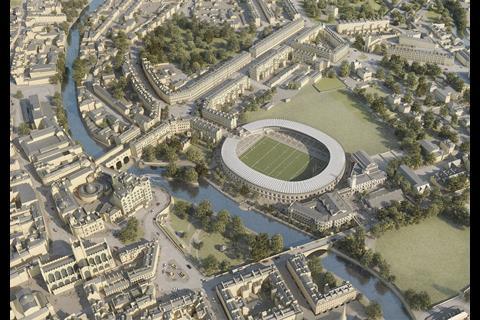
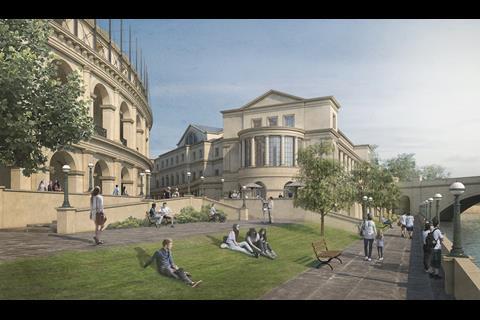
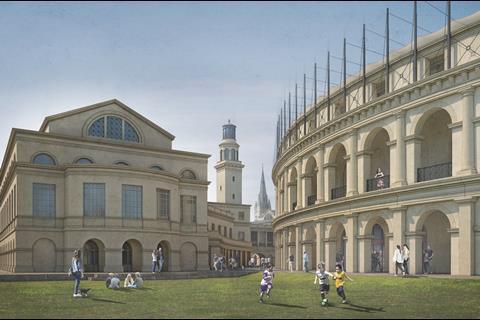
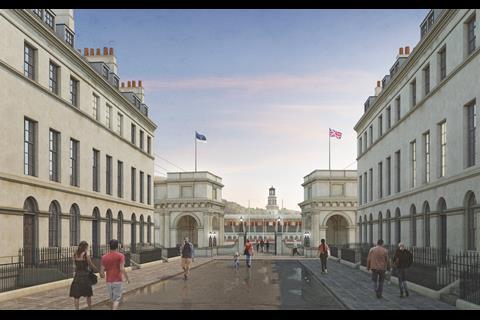
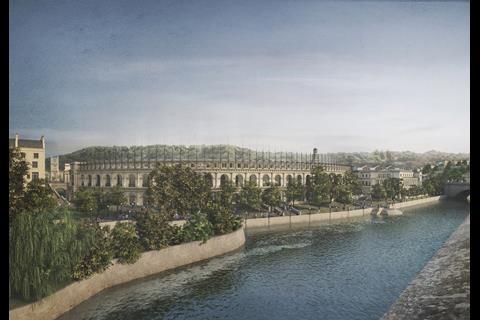

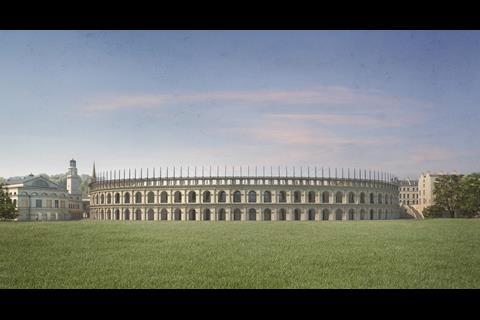
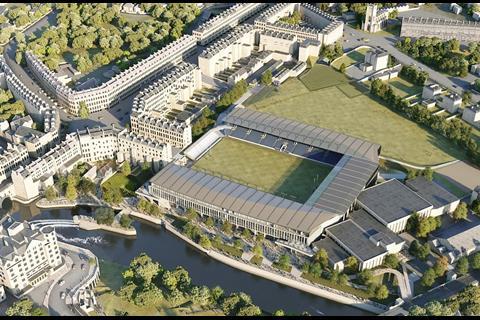
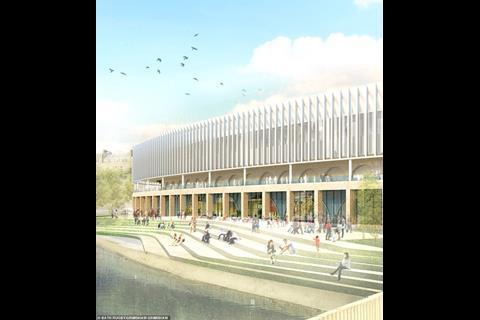

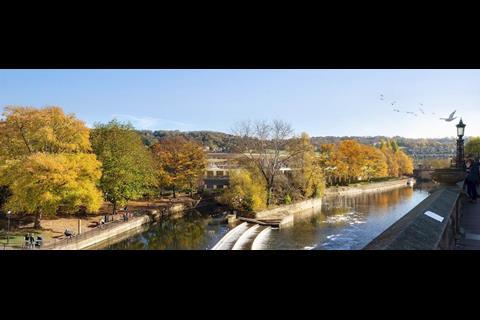
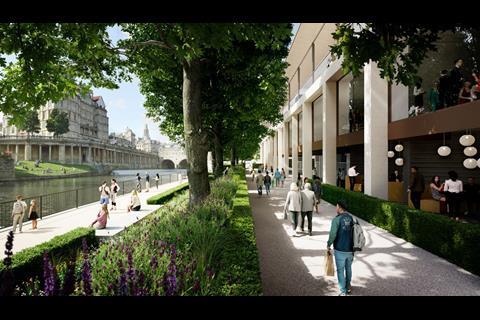






1 Readers' comment